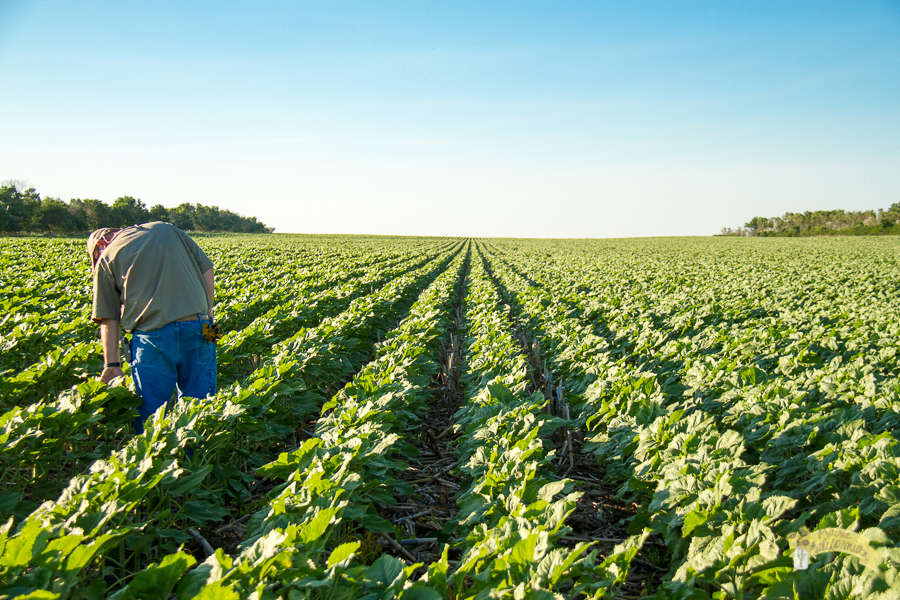
Exactly what is an agronomist?
An agronomist is an expert who applies scientific understanding and methods into the management and creation of crops. Agronomists function in many different settings, from farms and ranches to government organizations and private organizations. They may also operate in research laboratories or teach at colleges and universities.
Most agronomists have at the very least a bachelor's diploma in agronomy or possibly a related subject, such as agricultural science or soil science. Several agronomists even have master's degrees or doctorates. The exact nature of an agronomist's career depends upon her or his specialty and employer.
Agronomists Participate in a vital position in making sure that crops are healthy and effective. They use their familiarity with plant science to establish ways to boost crop production, combat pests and diseases, and conserve water and also other resources.
The job of an agronomist
is to help the entire world satisfy its escalating food production needs. Based on the U.S. Bureau of Labor Data (BLS), work for agronomists is predicted to grow more quickly than average, with openings resulting from advancement and replacement needs.
The work of an agronomist
is tough and satisfying, with agronomists generally getting involved with analysis and schooling.
The education and learning of the agronomist
Agronomists need at the least a bachelor's diploma in agronomy or linked subject from an accredited uni.
The way forward for agronomy
Agronomists help to make certain that the earth's population has get more info more than enough food stuff, they usually do the job to further improve crop yields and cut down agriculture's influence on the ecosystem. The BLS claims that agronomists are in demand, but Levels of competition for Positions is probably going to become strong.
Conclusion
Agronomists are concerned with the analysis of crops, get more info they usually get the job done in many different fields, from agricultural analysis to raising crops. Agronomists are required to ensure that crops are produced for consumption, but In addition they help make biofuels and also other plant-based goods.